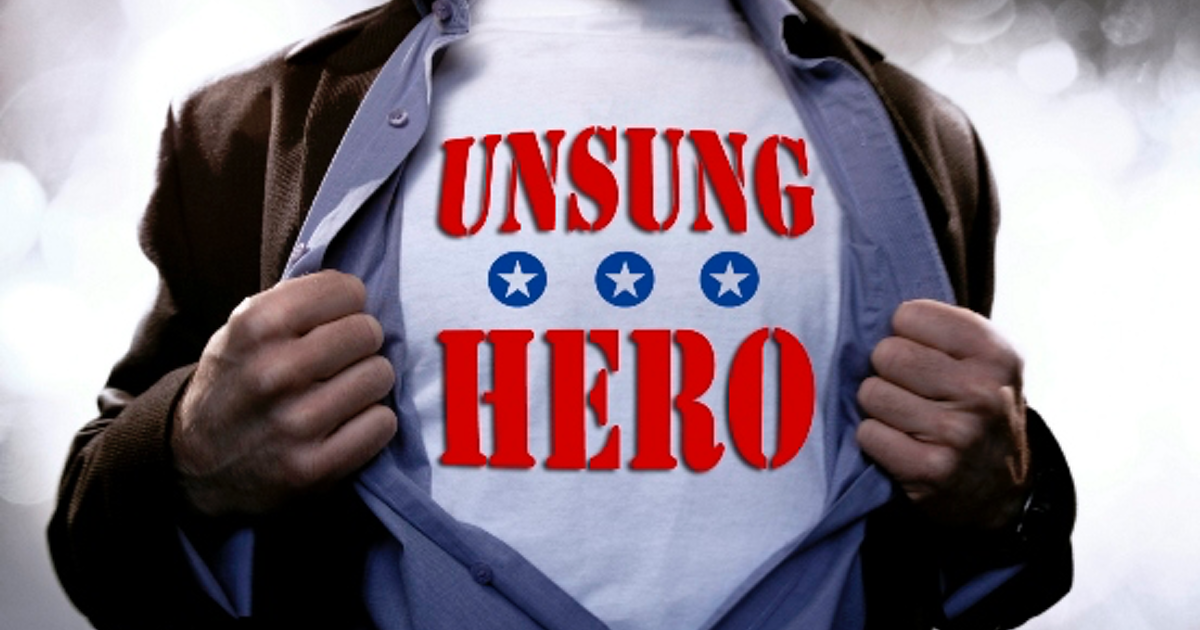|
By Robert Ringer
Heroes are people who accomplish extraordinary feats under extraordinarily difficult circumstances, such as the firefighters who marched into the World Trade Center towers on 9/11 in an attempt to save lives while everyone else was scurrying to get out. But there’s another kind of hero — one who makes a living accomplishing extraordinary feats under extraordinarily difficult circumstances, day in and day out. The hero I’m referring to is the individualist known as an “entrepreneur.” In our current age of envy, the entrepreneur is perhaps the most misunderstood, underappreciated, and reviled human being on earth. He represents everything that thug-infested groups like Antifa and Black Lives Matter hate. The truth is that the entrepreneur is not the greedy, win-at-all costs monster that haters like to portray him as. On the contrary, it is the entrepreneur who is the primary driver of a healthy economy, not only by creating products and services but, in the process, jobs. And through the invisible hand of the marketplace, he improves the lives of people (sometimes millions of people) whom he will never even meet. It should not be surprising, then, that many of our Founding Fathers were entrepreneurs, perhaps the two most famous examples being George Washington and Thomas Jefferson. They are also good examples of just how far apart the results of individual entrepreneurs can be. Though they were both farmers, Washington was one of the richest men in America, while Jefferson struggled financially throughout his life and died broke. But Jefferson’s financial difficulties never dampened his enthusiasm for entrepreneurial pursuits, which resulted in the building of his beloved Monticello estate and the founding of one of America’s most prestigious institutions of higher learning, the University of Virginia. It’s important to understand that there are no guarantees for the entrepreneur. On the contrary, he labors long, hard hours without the luxury of a safety net. Either he gets results or he starves. And that’s what makes the entrepreneur unique — his willingness to shove all his chips to the center of the table and bet everything he owns on the farm, literally. Plain and simple, the entrepreneur is a risk-taker who is willing to risk losing everything if he fails. By everything, I’m not just referring to his savings, stocks, collectibles, and even his kids’ college education funds. I’m talking about his house, his furniture, his cars — everything he owns. Not to mention his credit, his self-esteem, and, all too often, his “friends.” The willingness to risk everything is just part of the price the entrepreneur pays for having a big upside potential. He fully understands that if he fails, he will get hurt — often badly. One of the things that makes the entrepreneur heroic, then, is that he is not afraid to risk failure — and perhaps look foolish in the process. Those who look their noses down on entrepreneurs who have failed have no understanding of how treacherous the road to success can be. When things go south on the entrepreneur, his employees have the luxury of moving on to another job, while he is left behind to face his creditors. And that can get pretty ugly. Comments are closed.
|
Archives
July 2024
|


 RSS Feed
RSS Feed



